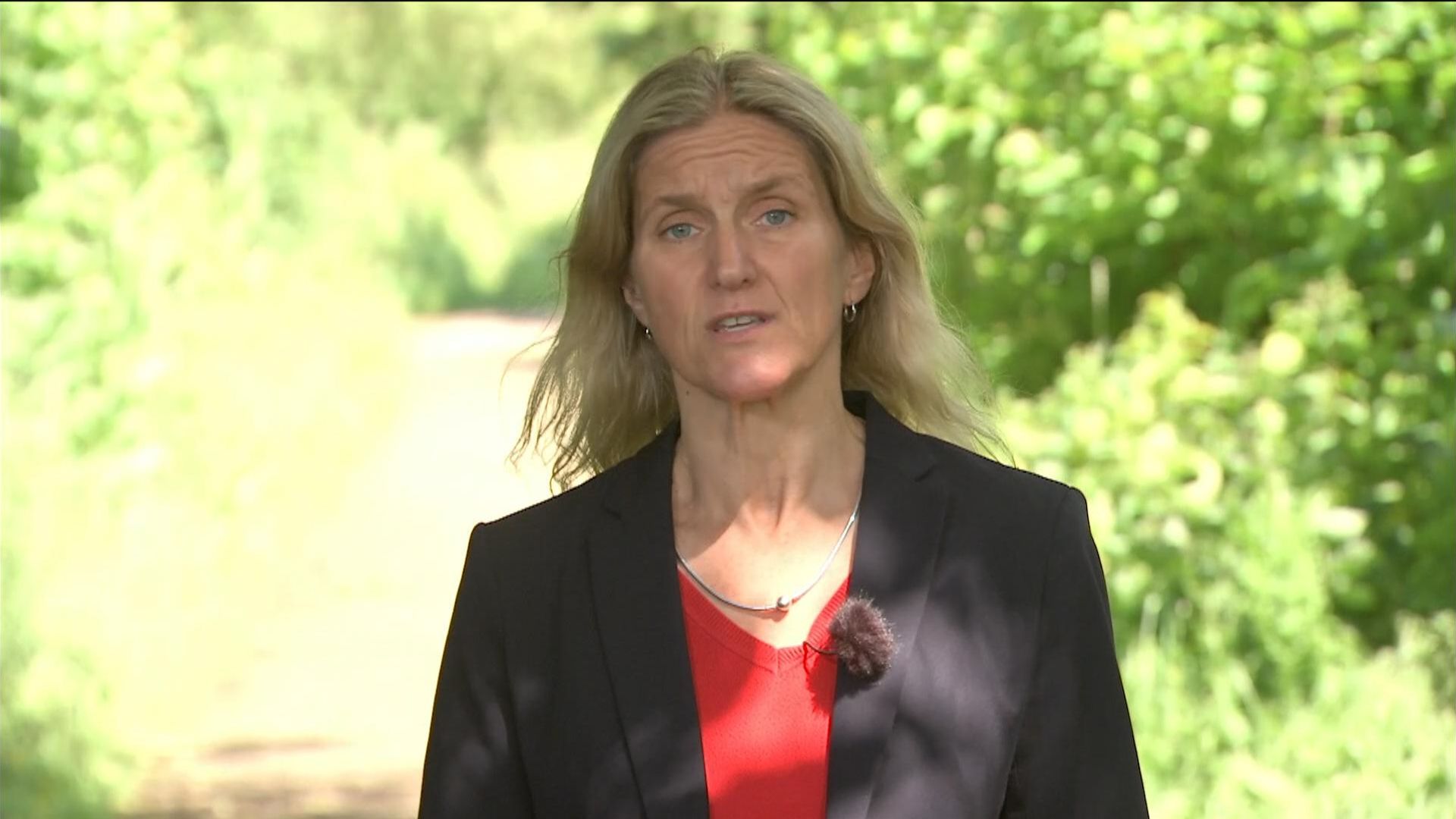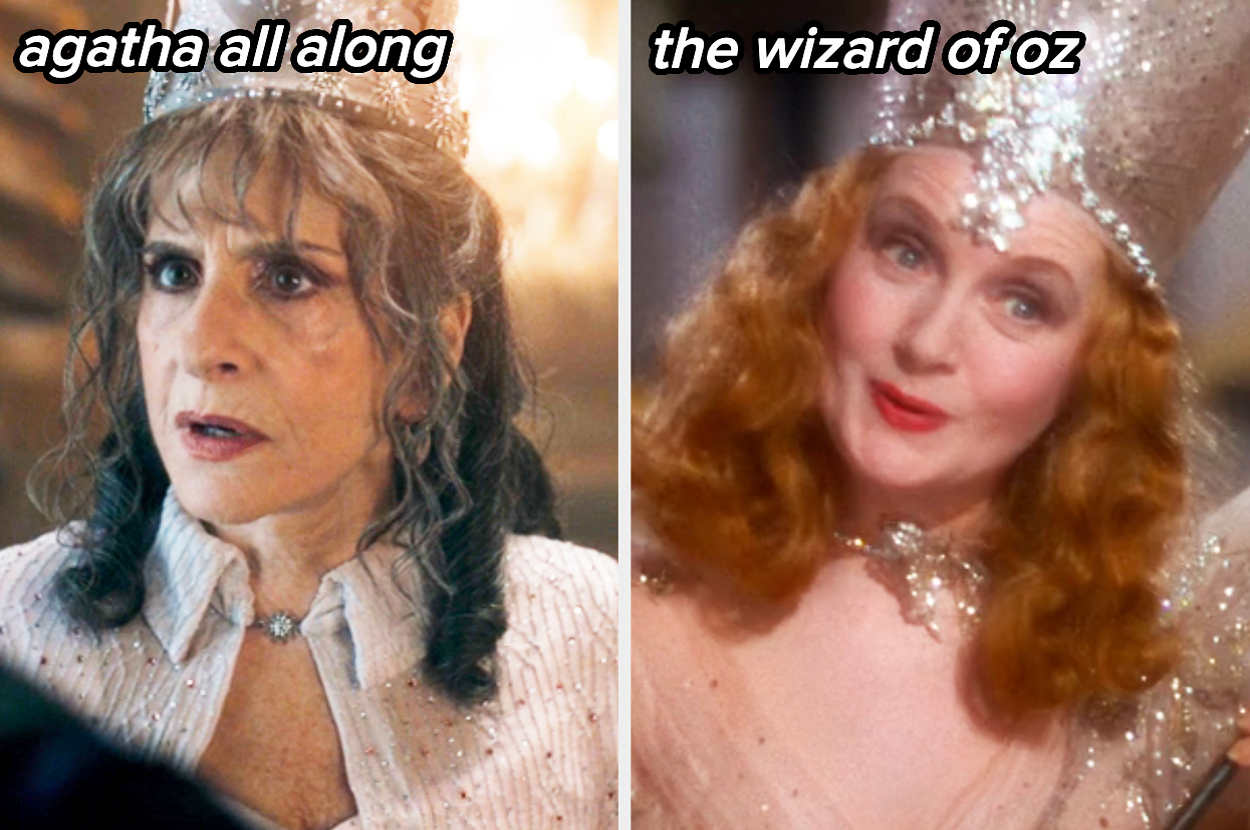Allowing terminally ill people to end their lives would not lead to a “slippery slope” of widening eligibility criteria, an MP pushing for the law has insisted.
Kim Leadbeater told Sky News there is a misconception that in countries where assisted dying has been introduced, the scope has been broadened over time.
Politics latest: TV star hits out at Tory front-runner’s ‘disgusting’ claim
The MP for Spen Valley is today introducing a private members bill on the matter, saying the current law is “not fit for purpose”.
The proposal would allow terminally ill, mentally competent people to end their own life.
Asked about the “slippery slope” argument, Ms Leadbeater said: “Wherever a law has been introduced in other countries and it’s got strict limited criteria with proper safeguards and protections, it hasn’t been widened. So there is a perception that’s the case but it isn’t the case.
“Where there are countries where the law is broader, that was always how it started. So I think there is a perception around the slippery slope concept, which actually isn’t reality.”
The Canadian government had been due to expand their assisted dying laws to mentally ill people in March this year, but delayed it until 2027 amid concerns over the health care system’s readiness.
The country has already loosened the criteria since introducing euthanasia legislation in 2016, no longer requiring the presence of a terminal illness.
Ms Leadbeater said Canada was much larger than the UK so laws are “more difficult to monitor and control”.
She added: “I’m really clear. This is about people who are terminally ill.
“It’s not about people who are mentally unwell, what we need to do is improve the treatment of people with mental health conditions. And indeed, we need to improve the treatment for people who are suffering from long-term chronic conditions.
“That’s another issue and I’ll fully back those campaigns.”
The conversation around legalising assisted dying has been increasingly in the spotlight for the past year, with high-profile figures including broadcaster Dame Esther Rantzen calling for a parliamentary debate and vote on change.
Prime Minister Sir Keir Starmer has promised MPs a “free vote” on the matter, meaning they could choose to vote with their conscience rather than along party lines.
Please use Chrome browser for a more accessible video player
In 2023, when he was leader of the opposition, he said he believed there were “grounds for changing the law”, having voted in favour of legalising it back in 2015.
But arguments against it include people being pressured to have an assisted death against their will, the criteria expanding too much and the reduction of funding for palliative care for those who do not wish to end their lives.
Bill ‘will facilitate open and robust debate’
Ms Leadbeater said she does not have a “personal connection” to the issue but argued that is a “good thing” as it will allow her to “facilitate an open, robust, compassionate debate”.
She said that people who are terminally ill in the UK and want to end their lives have three options at the moment – “suffering, Switzerland and suicide”.
“That is not a healthy environment for people who are facing that really difficult period at the end of their lives,” she said, adding that the law she is proposing would give people a choice but with “very strict criteria, safeguards and protections”.
Please use Chrome browser for a more accessible video player
“We’ve got rises of things like cancer so everybody has probably got some sort of personal experience of a family member or a friend who has reached the end of their life and often in really heartbreaking, difficult circumstances.
“What that has done is highlight the fact that the law as it stands is just not fit for purpose.
“This is not about ending people’s lives. It’s about shortening their death.”
Ms Leadbeater’s bill will be considered by MPs on 16 October.
Read More:
Five stories that bring the assisted dying debate home
MPs share experiences during assisted dying debate
It will be the first time the topic has been debated in the House of Commons since 2015, when an assisted dying bill was defeated.
Dame Esther, who revealed in December that she has joined the Swiss Dignitas clinic as she lives with terminal cancer, said she is “thrilled and grateful” at the news, which she said could mean “people like me can look forward with hope and confidence that we could have a good death”.
But Dr Gordon Macdonald, chief executive of Care Not Killing which is opposed to a change in the law, said the bill’s introduction was “clearly disappointing news”.
He said: “I would strongly urge the government to focus on fixing our broken palliative care system that sees up to one in four Brits who would benefit from this type of care being unable to access it, rather than discussing again this dangerous and ideological policy.”




